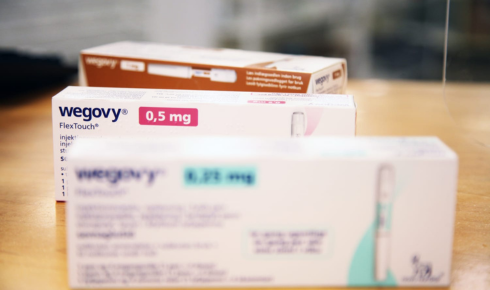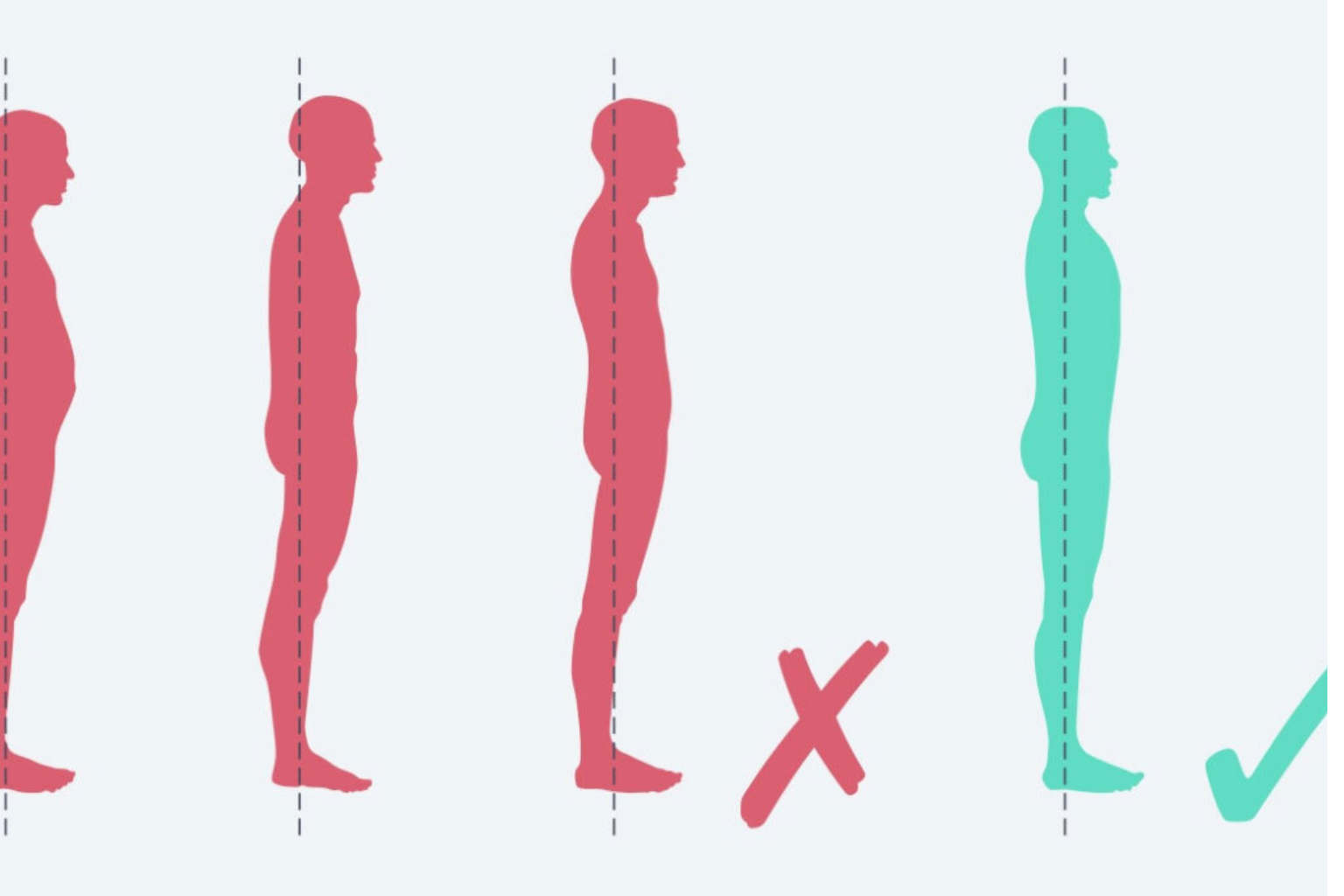The rising rates of childhood obesity have prompted many families to seek solutions beyond traditional diet and exercise. As a result, interest in Weight Loss Drugs for Children has grown in recent years. While these medications may offer benefits in certain cases, they are not a one-size-fits-all solution. Understanding how these drugs work, when they are appropriate, and what risks they carry is essential for making informed decisions about your child’s health.
The Growing Concern of Childhood Obesity
Childhood obesity is a serious public health issue affecting millions of children worldwide. It increases the risk of developing chronic health conditions such as type 2 diabetes, high blood pressure, heart disease, and even certain cancers later in life. In severe cases where lifestyle changes have not been effective, pediatricians may consider medical interventions, including weight loss medications, as part of a comprehensive treatment plan.
What Are Weight Loss Drugs?
Weight loss drugs, also known as anti-obesity medications, are designed to help individuals lose weight by altering appetite, reducing fat absorption, or increasing feelings of fullness. These drugs are usually prescribed for adults, but in recent years, some medications have been approved for use in adolescents under strict medical supervision.
Examples of weight loss drugs that may be used for children and teens include:
- Orlistat (Xenical): Approved for children aged 12 and older, it works by blocking fat absorption in the digestive tract.
- Phentermine/topiramate (Qsymia): Used off-label in some cases, but not officially approved for pediatric use.
- GLP-1 agonists (such as semaglutide, brand name Wegovy): Recently approved for adolescents aged 12 and older in some countries.
When Are Weight Loss Drugs Appropriate for Children?
Doctors typically consider weight loss medications for children who:
- Are severely obese (BMI above the 95th percentile for age and sex)
- Have weight-related health conditions like type 2 diabetes or sleep apnea
- Have not had success with traditional lifestyle interventions like diet and physical activity
Before prescribing any medication, healthcare providers conduct a thorough evaluation of the child’s health history, eating habits, physical activity levels, and mental well-being.
Benefits and Risks
When used appropriately and under medical supervision, pediatric weight loss medications can help reduce body weight and improve obesity-related health conditions. However, these medications are not a magic fix. They must be combined with long-term lifestyle changes, including proper nutrition and regular exercise, to be truly effective.
Possible side effects include:
- Digestive issues such as nausea, diarrhea, or constipation
- Increased heart rate or blood pressure
- Mood changes or anxiety
- Nutrient deficiencies due to decreased fat absorption
Additionally, long-term effects of these drugs on growing bodies are still being studied. That’s why careful monitoring by a pediatrician or specialist is essential during treatment.
Lifestyle Changes Come First
Even when medications are prescribed, lifestyle modifications remain the foundation of effective weight management. Families should prioritize:
- Healthy, balanced meals rich in whole foods
- Limiting sugary beverages and processed snacks
- Regular physical activity tailored to the child’s age and interests
- Adequate sleep and stress management
Support from parents, schools, and communities plays a crucial role in helping children make and maintain these changes.
The Role of Healthcare Providers
Parents should never give their children weight loss medications without professional guidance. Doctors, pediatricians, and pediatric endocrinologists are trained to evaluate whether a child is a good candidate for these drugs and to monitor progress and side effects. It’s also important to address any emotional or psychological challenges that may be contributing to unhealthy eating habits.
Conclusion
Weight loss drugs for children can be a helpful part of treatment in specific, carefully evaluated cases of severe obesity. However, they are not a substitute for healthy habits. Parents should work closely with healthcare professionals to create a personalized, holistic plan for their child’s long-term well-being. With the right support and strategies, children can achieve a healthier lifestyle and reduce their risk of serious health complications in the future.





